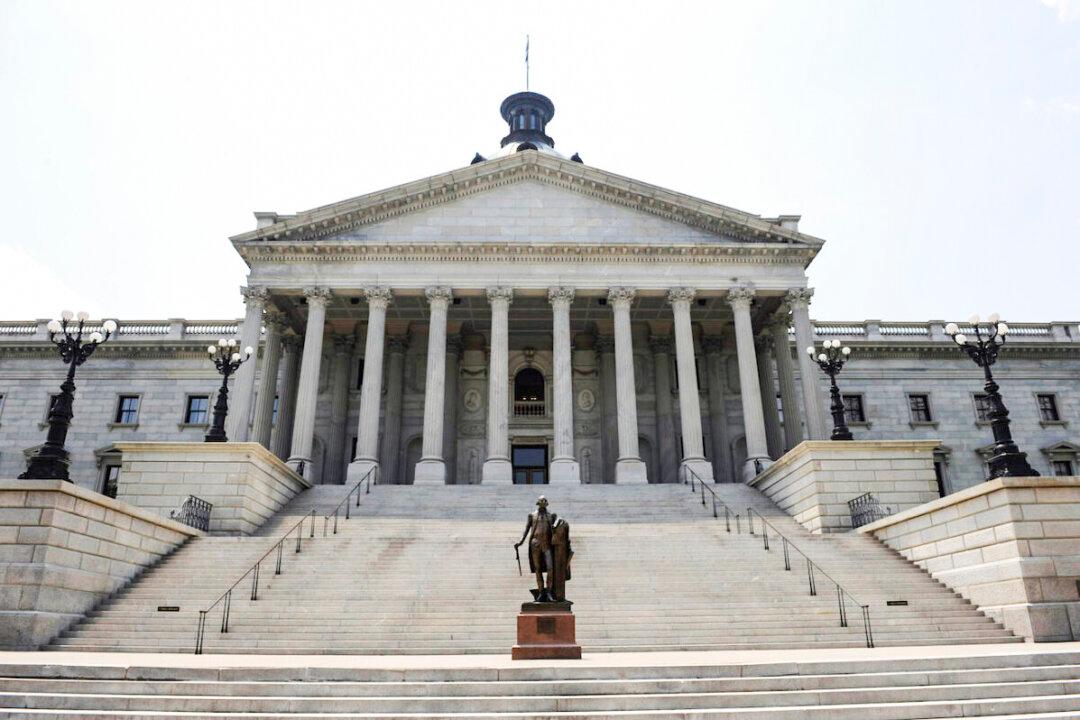The South Carolina House on Tuesday approved a bill to ban abortion with the exception of pregnancies due to rape or incest, or to save a mother’s life.
The legislative chamber initially rejected the bill which was a near-total abortion ban with no exceptions for rape or incest, in a vote of 47–55.




